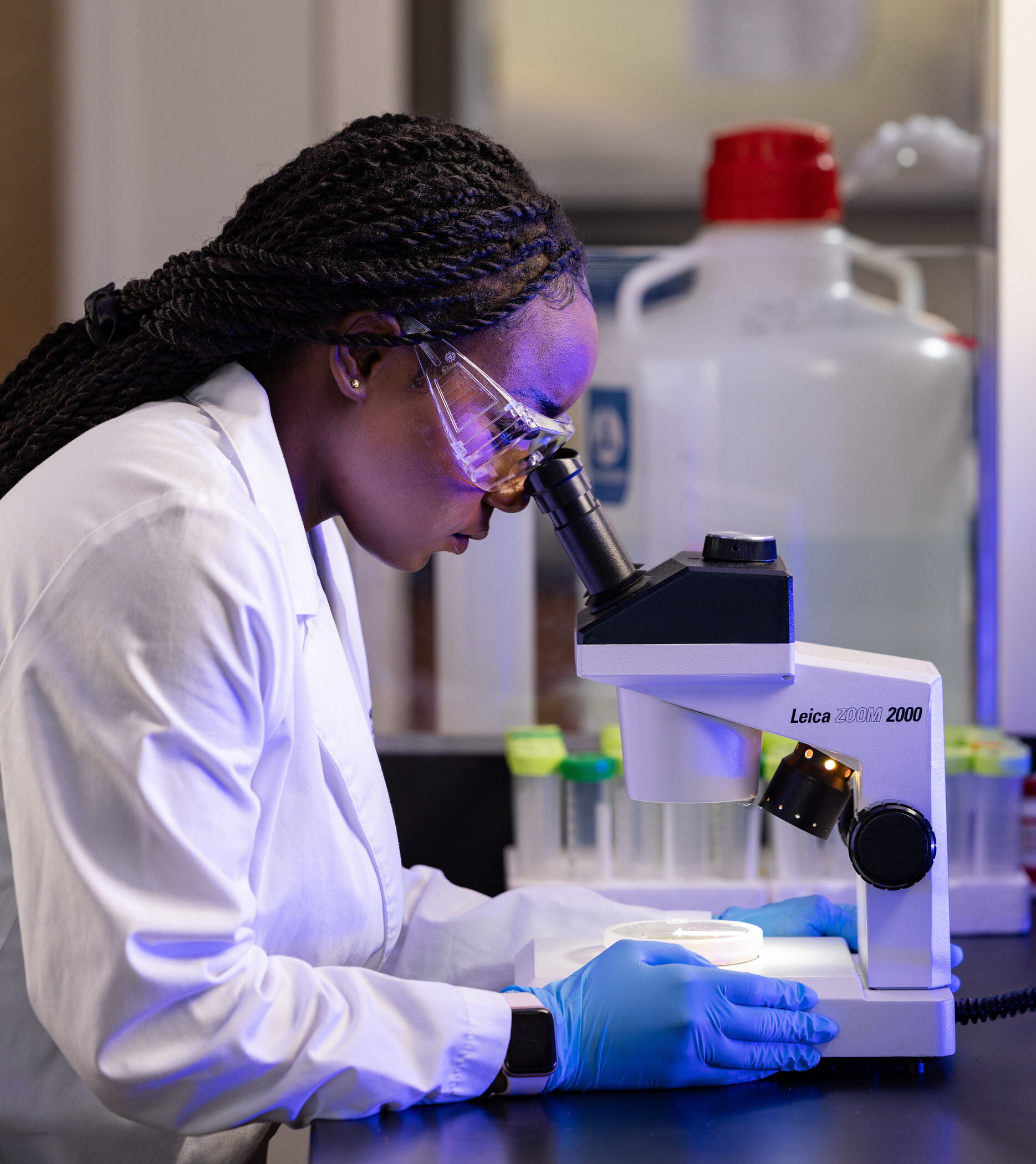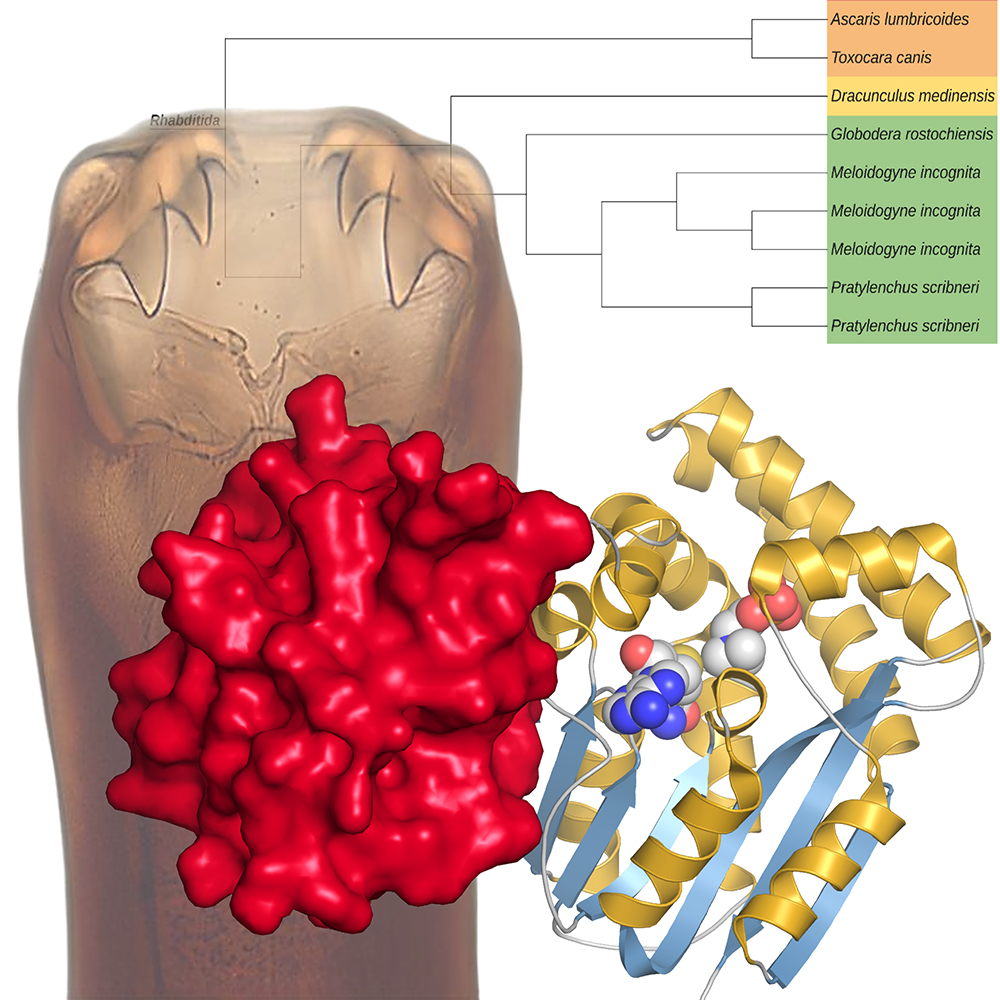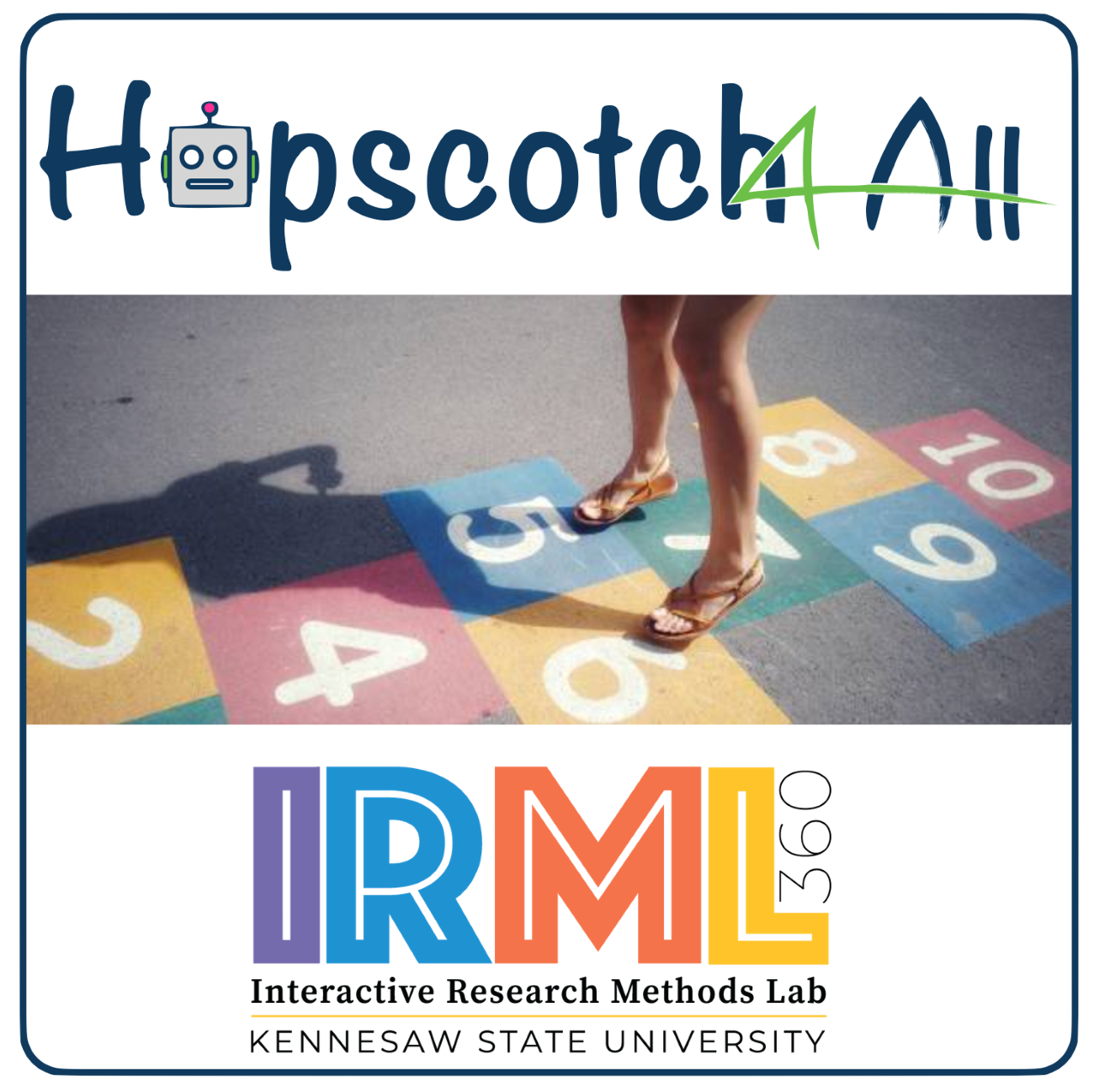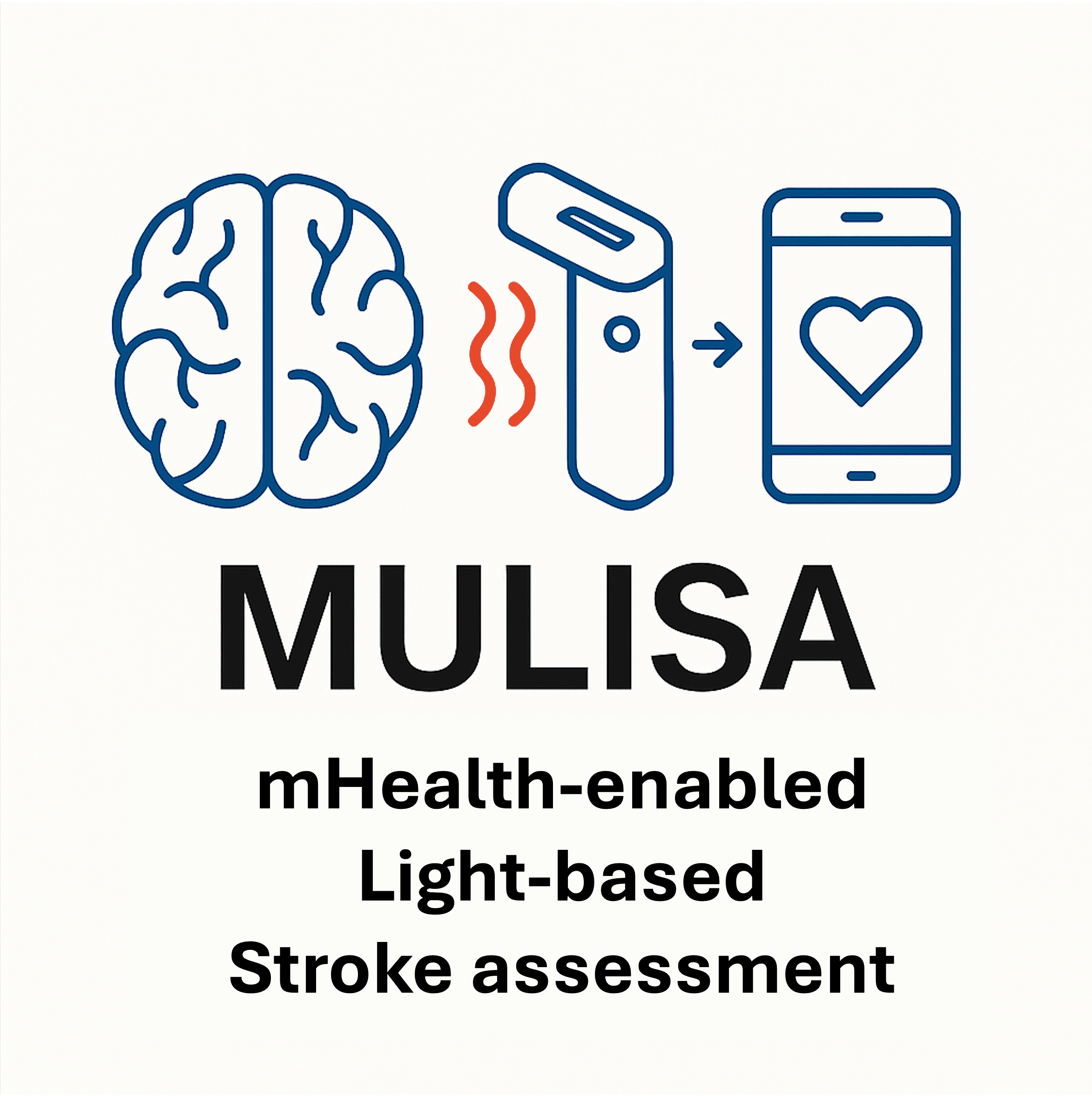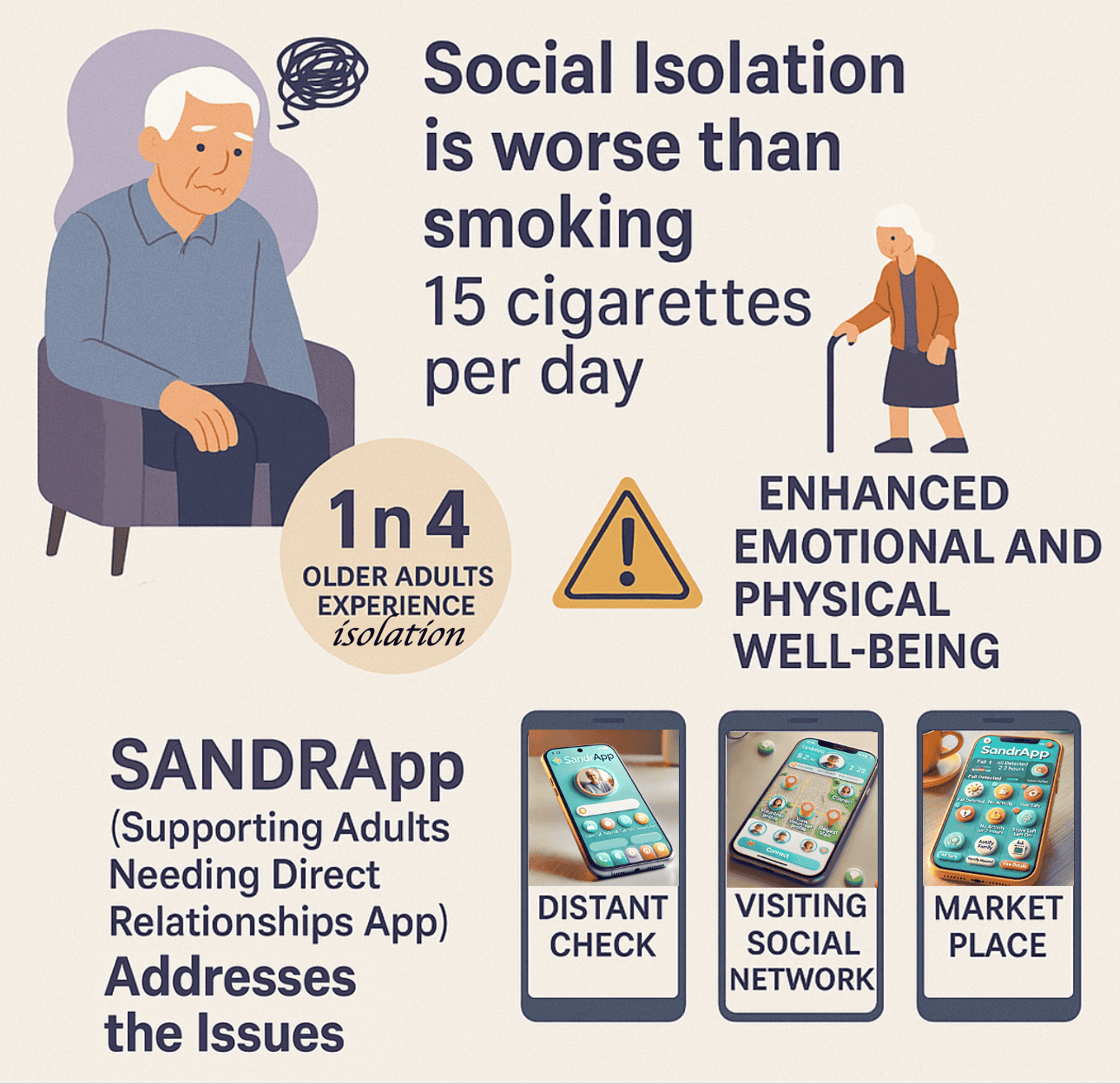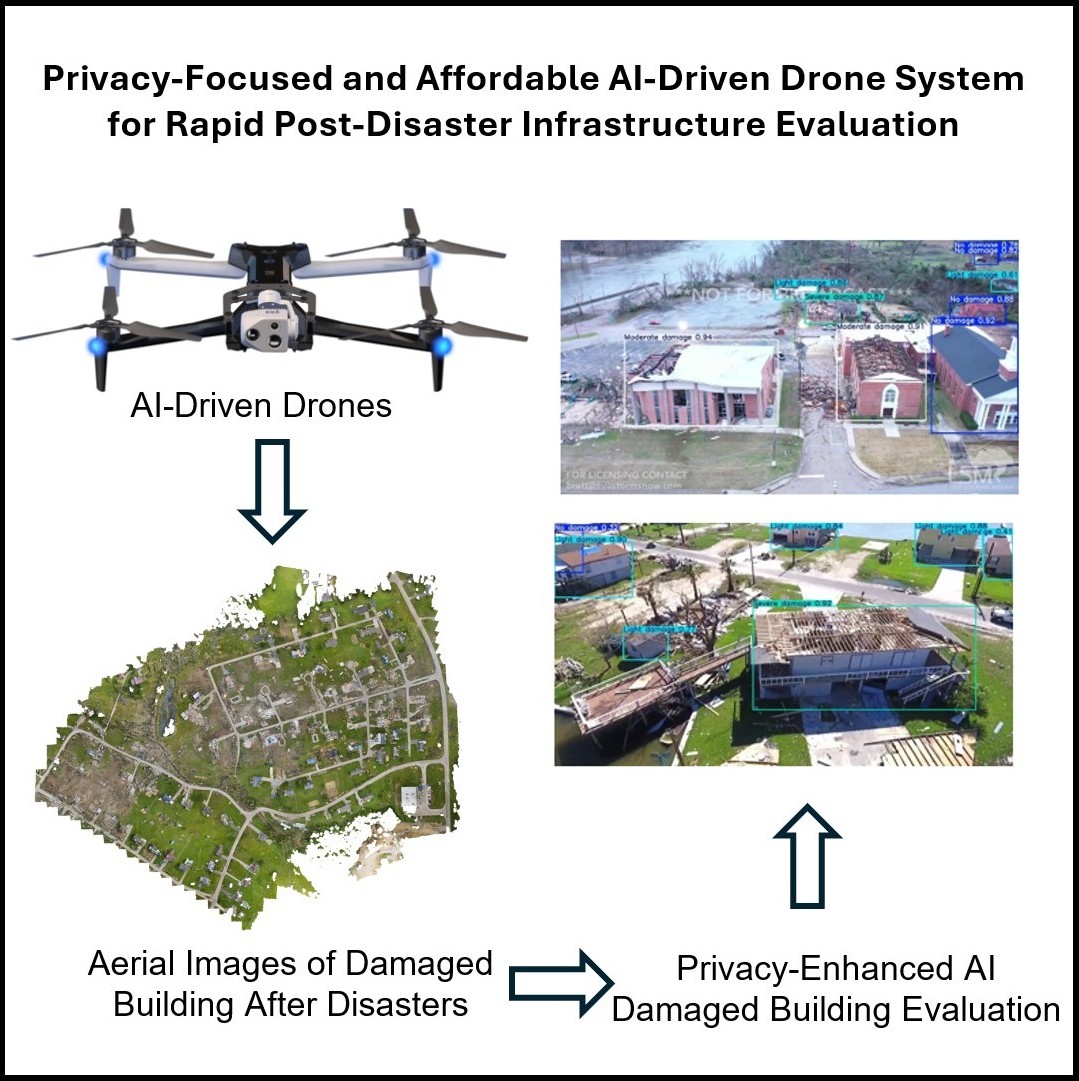|
Lead PI: Iván Jorrín Abellán
Team: Iván Jorrín Abellán, Nasrin Dehbozorgi, Mei-Lin Chang, Anete Vásquez, Xinyue Zhang, Olga Koz, Parandoosh Sadeghinia
Project Summary: Hopscotch 4-All is an innovative initiative aimed at transforming Advanced Placement (AP) Research education by making research literacy more equitable, accessible, and engaging. This open-access AI-powered recommender system leverages Large Language Models (LLMs) to guide high school students through the complexities of research design.
By offering personalized and adaptive learning experiences, H4-All equips students with the skills and confidence to succeed in research and thrive in college-level academic environments. The project not only supports AP Research students but also enriches undergraduate education by bridging the gap between high school and college research expectations.
|
